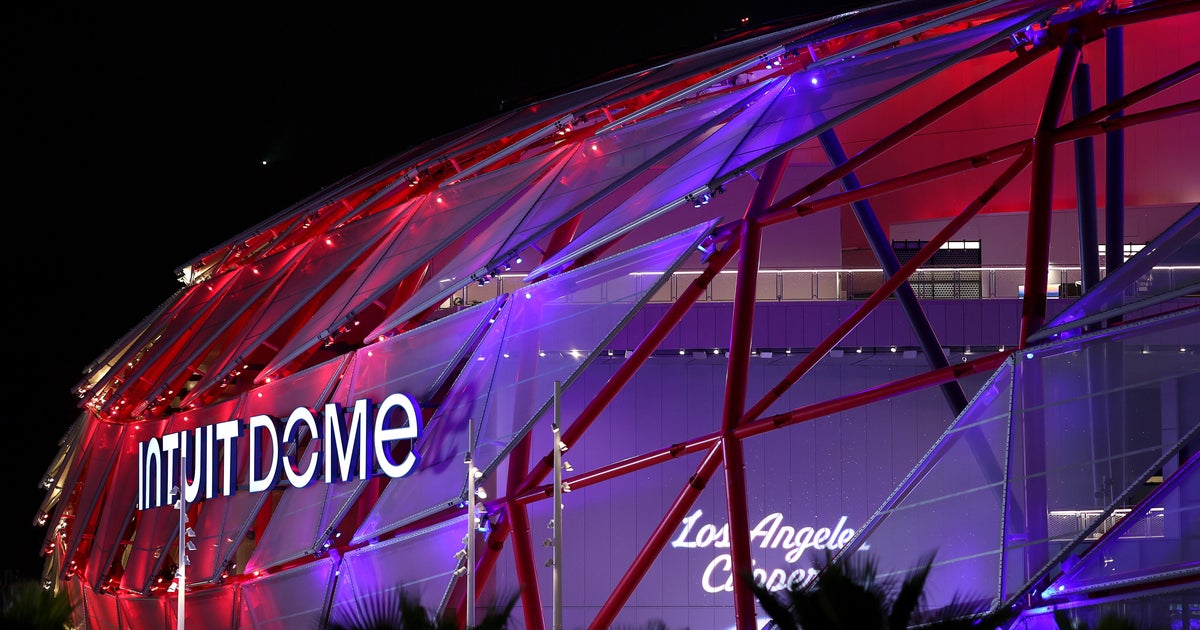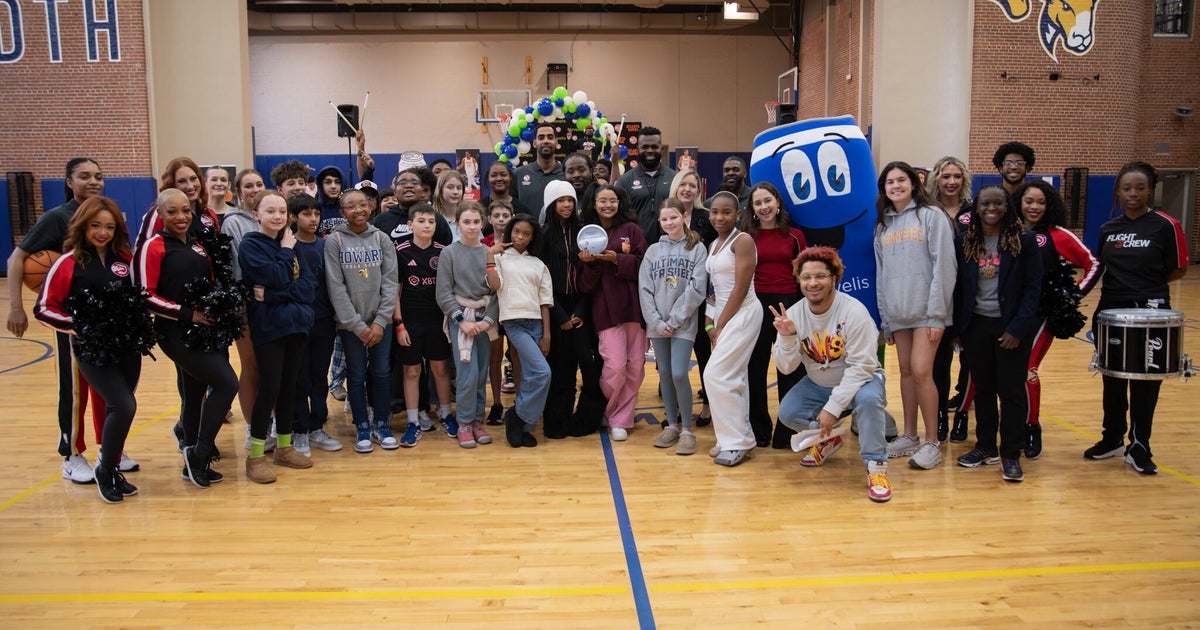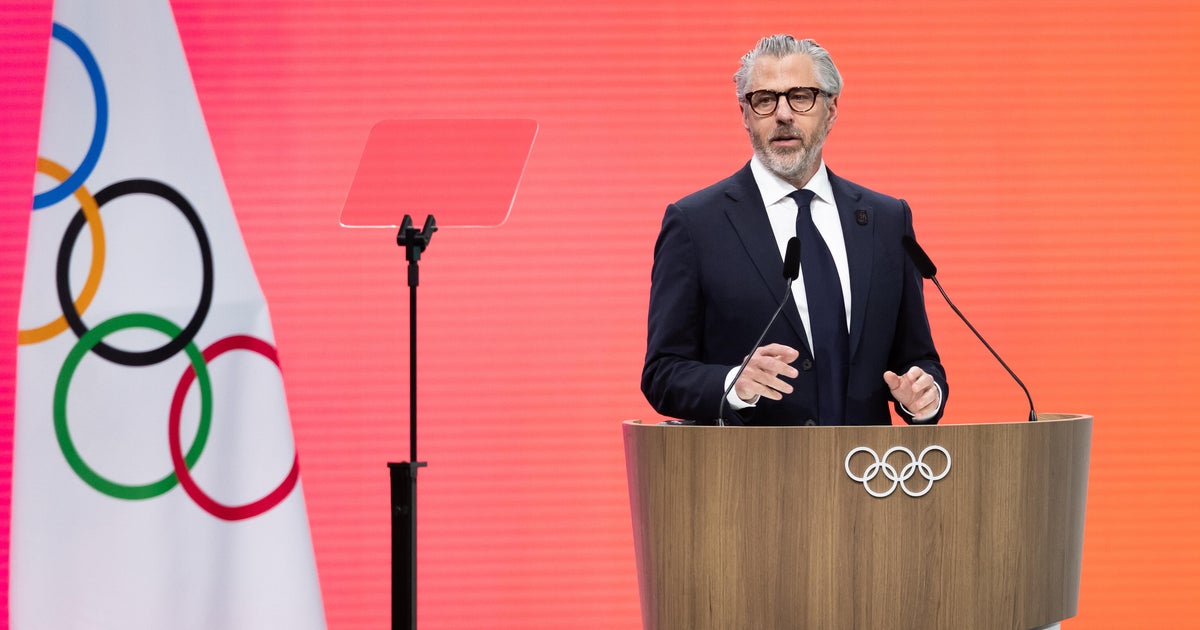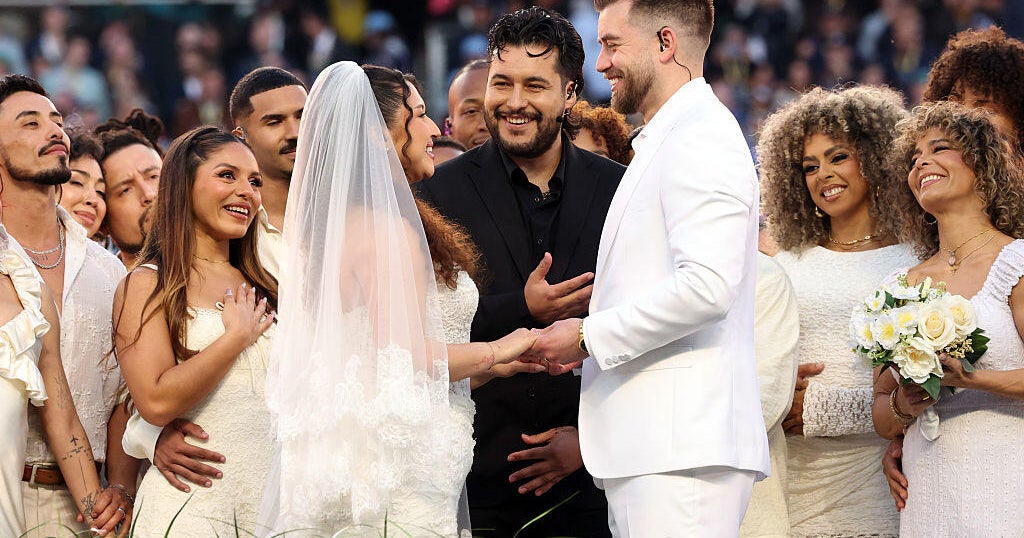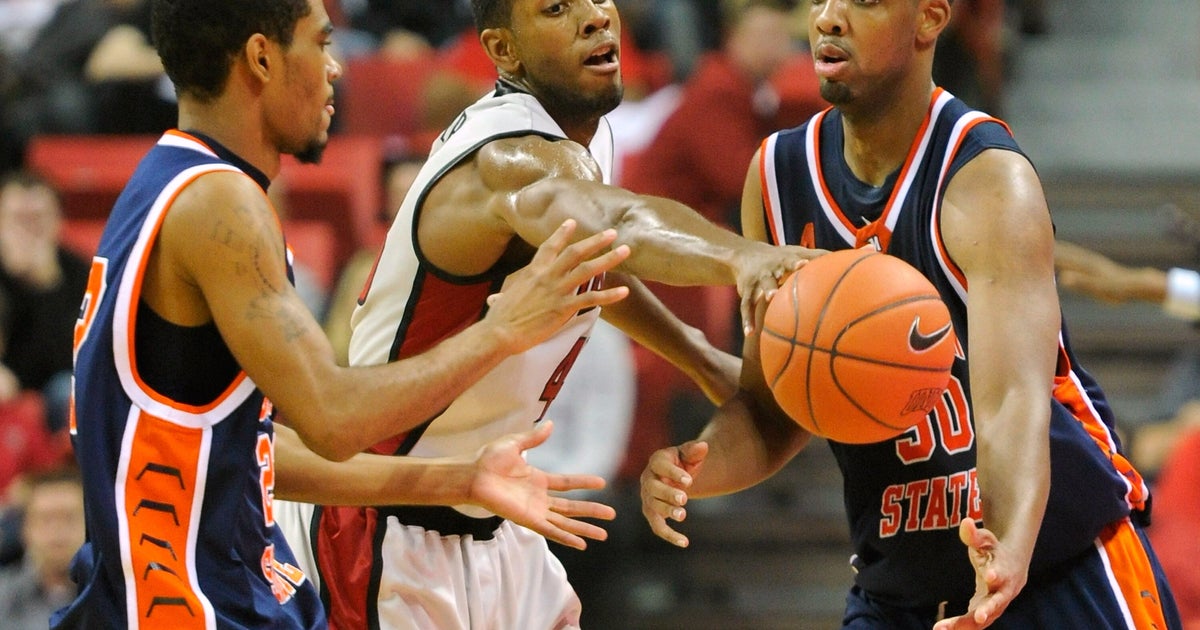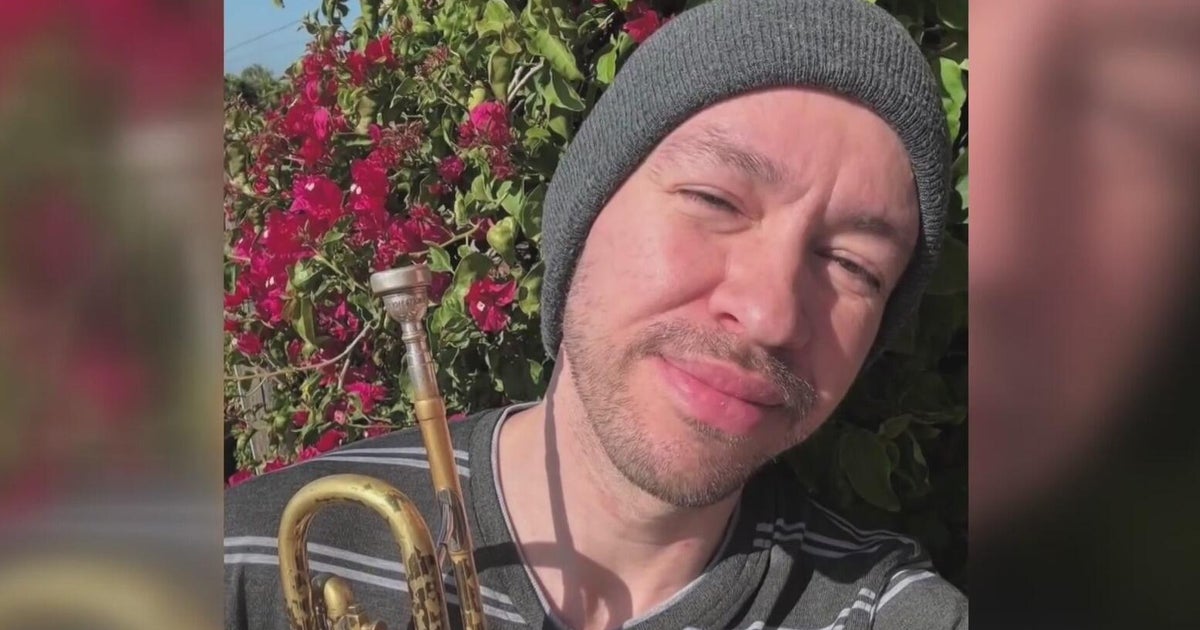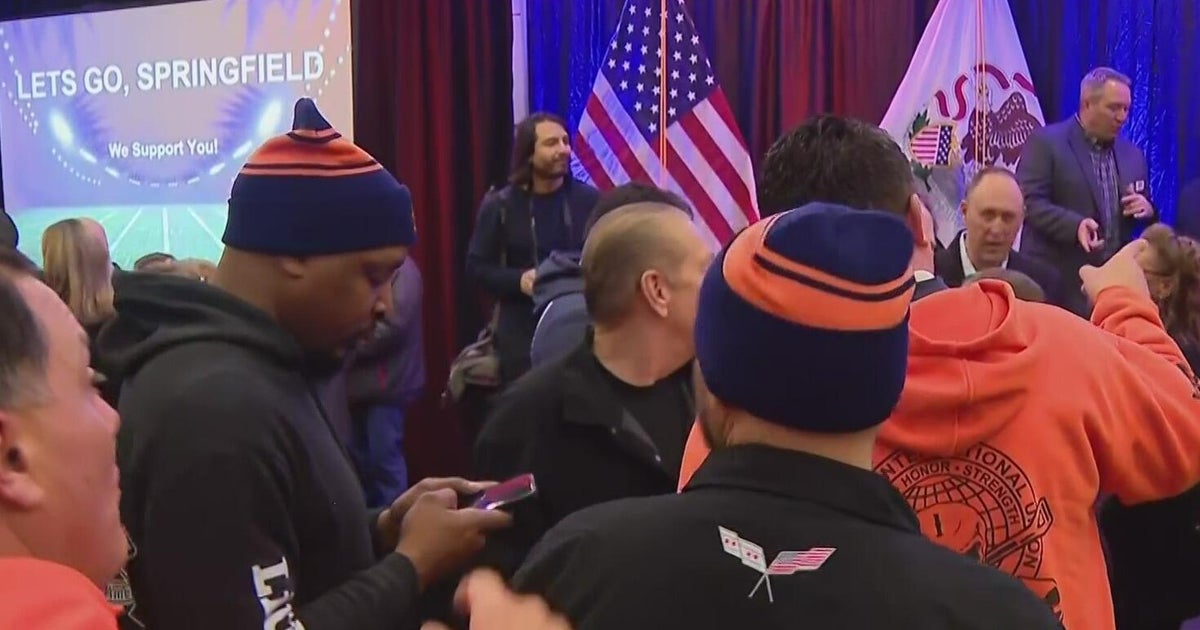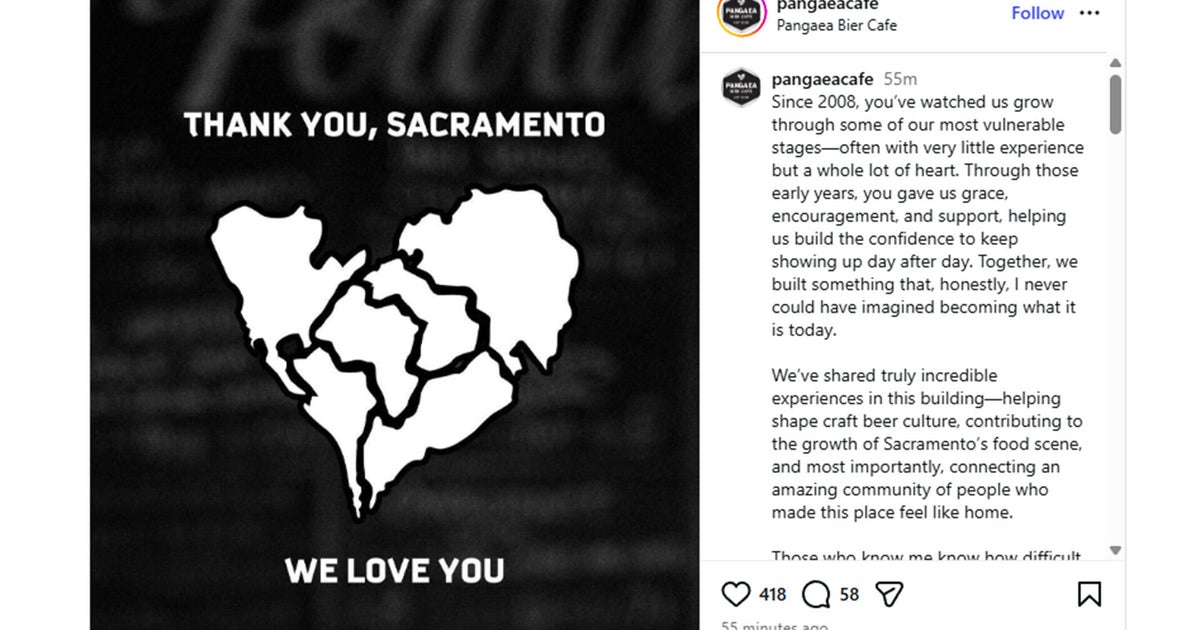March Madness Rarely Leads To NBA Magic
Buddy Hield may be the most visible basketball player on the planet right now -- or a close second behind dynamic duos of Steph Curry and Klay Thompson or D'Angelo Russell and Swaggy P.
NBA GMs are drooling over Final Four magic, and surely have binoculars pressed to the brow while parsing Hield's particulars. But it's been a long time since real NBA magic -- or Magic Johnson -- was spawned by March Madness.
Indeed, there's little evidence to suggest that the hottest NCAA players in March will lead NBA teams into June.
Consider, if you will, the list of luminaries at this time of year: Keith Smart, Anderson Hunt, Donald Williams, Tony Delk, Jeff Sheppard, Wayne Ellington, Kyle Singler, Luke Hancock.
All of them were MVP -- or MOP, if you prefer the collegiate mutation of the term -- of the Final Four. And all reached the Final Four in the last 30 years. The last name on the list, Luke Hancock, didn't even start for his team, the Louisville Cardinals. Nor was he drafted by an NBA team.
From 1955 (Bill Russell) until 1984 (Patrick Ewing), the best players of the semifinals were a roll call of Hall of Famers. Wilt Chamberlain, Jerry West, Elgin Baylor, Lew Alcindor (AKA Kareem), Bill Walton, Isiah Thomas, Hakeem Olajuwon, James Worthy and, of course, Magic Johnson were all kings of college's royal weekend.
But in the bottleneck of years since, the name and game of elite NCAA Tournament players have decayed exponentially.
Over the last three decades, the seminal player from the Final Four has turned into a legitimate NBA star exactly twice. Carmelo Anthony is one, and Anthony Davis is the other. (Glen Rice and Danny Manning make honorable mention, but they didn't fly in the same orbit as Anthony and Davis.)
If you live anywhere near Gotham you've long outlived the myth of Melo leading any NBA franchise to a title. But Anthony Davis has the name and game to do something transcendent, provided he remains healthy.
It all began to fade a few years after Ewing. Then it decayed beyond recognition after Y2K. But it wasn't a cluster of failed computers that killed the pro prospects of college players.
The one-and-done dynamic, however, has played a vital role in the process. Instead of kids like Ewing staying four years, there's a gaggle of 18-year-olds who see the classroom as a stepping stone to a sneaker deal.
And no matter how gifted, a freshman talent won't trump the temerity of a senior-laden squad. That is, unless you happen to bump heads with one of those super-squads John Calipari seems to summon every few years, like the Anthony Davis behemoth that bagged Coach Cal's first national title. But not even the Karl-Anthony Towns titan, with fellow lottery pick Willie Cauley-Stein, could make the short trip from 38-0 to 40-0.
And thus it's not a coincidence that the last dynasty, Duke of the early '90s, featured several quality upperclassmen like Christian Laettner, Bobby Hurley and Grant Hill. The last great NBA player who actually went to college for a college degree was Tim Duncan, the ageless sage of San Antonio. To call him an outlier is to do him great injustice. And, of course, he played at Wake Forest during the Clinton Administration. There's not been a single, iconic, college graduate since.
So suffice it to say that the final man standing at the Final Four doesn't get his mail forwarded to the NBA Finals. In fact you may not even get a postcard, wishing he was there.
So when rooting for your alma mater or favorite team this weekend, just remember that star player is just the flavor of the month. Miles Simon, anyone?
Jason writes a weekly column for CBS Local Sports. He is a native New Yorker, sans the elitist sensibilities, and believes there's a world west of the Hudson River. A Yankees devotee and Steelers groupie, he has been scouring the forest of fertile NYC sports sections since the 1970s. He has written over 500 columns for WFAN/CBS NY, and also worked as a freelance writer for Sports Illustrated and Newsday subsidiary amNew York. He made his bones as a boxing writer, occasionally covering fights in Las Vegas, Atlantic City, but mostly inside Madison Square Garden. Follow him on Twitter @JasonKeidel.
